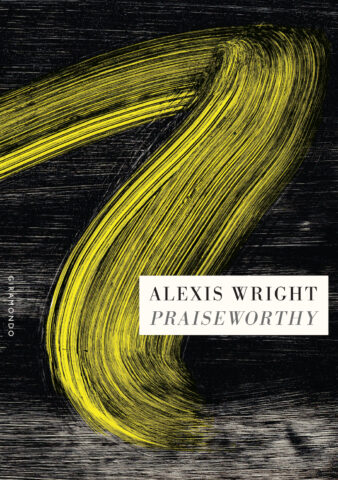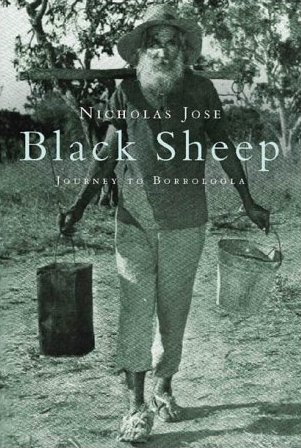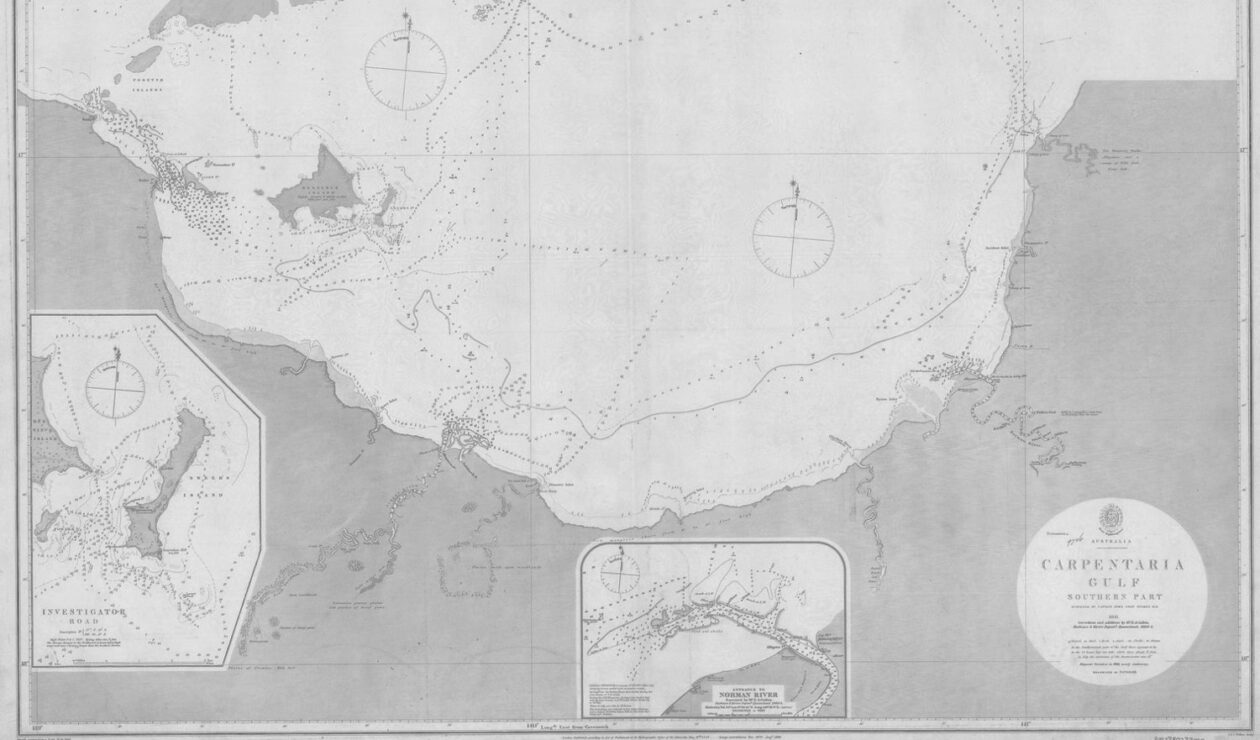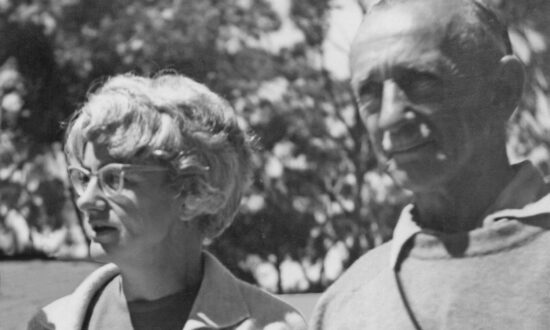The Stories from the South Book Club is a series for book lovers to explore what it means to inhabit the unique world of the ‘South’.
After our summer break, we return by reading Alexis Wright’s Praiseworthy. We will meet live at Dymocks Bookstore Rundle Mall on Tuesday, February 27, 6-7.30pm for a discussion with Alexis Wright, alongside Nicholas Jose, author of The Idealist, and Theodora Galanis from the University of Adelaide.
Register here for this free public event. Use this guide and the creative writing prompts to enrich your reading.
ABOUT PRAISEWORTHY

Praiseworthy. Giramondo, 2023.
The epic story is set in the titular town, Praiseworthy. Located in the Gulf Country of northern Australia, this “isolated place of flatlands” is smothered by an “immovable” and “sulky” cloud of orange dust.
Under the haze lives the Steel family: Cause Man and his wife, Dance, with their children, Aboriginal Sovereignty and Tommyhawk. Praiseworthy traces their interconnecting journeys as they each respond to the challenge of surviving “cataclysmic” and “apocalyptic times”.
It’s hard going for most in Praiseworthy, but the “extinction-less” elders continue to offer up their wisdom as the planet burns. Despite all the talk about the end of the world, these old “pure guts” storm-country people know how to “look after business… every time, all times, big time”. They tell us that “country here always look after its people, because people here always look after their country”.
Rather than being narrated by a single, universalising voice, Praiseworthy has many oracles that are called to speak up at the beginning of each chapter. The polyphonic oral storytelling traditions present in Praiseworthy resonate through Wright’s oeuvre, as in Tracker, the collective memoir of Tracker Tilmouth, which offers multiple perspectives on the Aboriginal leader’s remarkable life.
Praiseworthy is grounded in local stories and yet it pays close attention to what is occurring elsewhere. In a time of global warming and global pandemics, readers are invited to think about how we variously affect, and are affected by, other places and times. Wright infuses her prose with global literary influences, placing the vernacular of the Gulf in conversation with diverse interlocutors like Carlos Fuentes and Patrick Chamoiseau.
While circulating within regional and planetary frames, Praiseworthy simultaneously moves into limitless imaginative worlds. In this way, the epic novel strives towards what Wright calls a “literature without walls”. The voices of Praiseworthy ask us to listen as they urgently speak to how we may imagine our shared future.
ABOUT THE AUTHOR

Alexis Wright. Photo: Vincent Long, 2013
Alexis Wright is a member of the Waanyi nation from the Gulf of Carpentaria. She was awarded the Miles Franklin Award for Carpentaria, and the Stella Prize for Tracker. In 2023, Praiseworthy won the Queensland Literary Award for Fiction. Wright’s other titles include The Swan Book, Plains of Promise, Grog War, and Take Power. Her work has been translated into many languages and published internationally, including in China, France, Italy, Poland, the United Kingdom, and America.
Wright is a Distinguished Research Fellow at Western Sydney University. She held the Boisbouvier Chair in Australian Literature at the University of Melbourne (2017–2022). In 2023, Wright received the Creative Australia Award for Lifetime Achievement in Literature.
QUOTES FROM THE AUTHOR
“It is exciting to think about how we might draw strength from our combined heritages, to grow stronger imaginatively and more creatively, and not just about how we sit among ourselves, separate from the rest of the world as if we are the only people on the planet. We need more literature that shows we are at home with all of the realities of our region, and in the world. Can we build a literature without walls, one not enclosed either by oceans or by walls built in the mind for us or by ourselves, or that stand through our historical circumstances? These are big questions and challenges for our literature.” – Wright, ‘The Power and Purpose of Literature’.
“I began my writing life by being taught by elders in central and northern Australia who claimed that we have always governed ourselves […] These master story makers, storytellers, story keepers and experts of story practice taught me the joy of reading and writing, even though the books they read were the epic stories held in vast areas of land and desert country where they travelled through stories networking seemingly unremarkable landscapes. But they always intimately knew where they were in their country through story.” – Wright, ‘A Self Governing Literature’
“Yet in spite of the facts of geography where we exist south of the equator, or in the eastern region of the world, Australia, now dominated by its global non-Indigenous population, is included in the economic power division of the Global North. It is an erroneous geographic divide of the world into north and south based on world economics. What of the people who are not rich in the north, or the people who are rich in the south? Aboriginal people, with more in common with people deemed to be of the Global South geographically and economically, find ourselves divided from the south, and included in the distant Global North that would know next to nothing about us, and of being separated from the region of our closest northern neighbours. How should a novelist with my background read this erroneous idea of separatism, and of being rendered invisible to others in the world? Are we not to be thought to exist in all of the realities of the world? Are our stories so irrelevant that we are deemed to be non-existent, or ghosts, and terra nullius to the world?” – Wright, ‘A Self Governing Literature’
QUESTIONS AND DISCUSSION POINTS
- How does Wright portray what JM Coetzee has described as the “unique world” of the South? How does Praiseworthy engage with – or complicate – the category of the South, from the vantage point of Australia’s north?
- On her writing process, Wright has said she sifts through “large quantities of material I have thought about, as well as what randomly floats around in my mind” and slowly gathers this in the “long creation of hundreds of pages that contain a form, a structure, a big story resembling or that will be recognised as literary fiction—or as a mountain!” In your interpretation, what is the formal structure of Praiseworthy? What form/s does the story resemble, or assemble? How does it make you think about literary form differently?
- “A praiseworthy man could have a lot of names. So! What?”, says one of Praiseworthy’s narrators. What do you make of the multiple names characters like Cause Man Steel (also Widespread and Planet), or Dance (also the moth-er) have?
- Praiseworthy has been described as pushing “allegory … to its limits”. What could this mean? How do you understand Cause Man Steel’s attitude to climate change, for example?
FURTHER RESOURCES
Reviews of Praiseworthy:
- Lynda Ng for Meanjin, ‘Appraising the pandemic (or, the virus time of global warming)’
- Mykaela Saunders for Sydney Review of Books, ‘Think of the Children!’
- Theodora Galanis for Mascara Literary Review, ‘Sea Scales’
Wright’s essays:
TAKE TO THE PAGE: CREATIVE WRITING PROMPTS
“…the gods of the Anthropocene.” — Praiseworthy (page 9)
Make a list of the main characters/figures from the novel (they may have more than one name), and add any key or obvious characteristics next to each name, ie., Planet ________, or Dance ________.
*
“…the Arabic Messiah’s donkey, or the sacred Greek donkey of the working god Hephestos, or from the great travelling white magic donkey of the Chinese Immortal Zhang Guolao, or the descendants from the donkey vehicle of the Hindu goddess Kalaratri….” — Praiseworthy (page 126)

Get InReview in your inbox – free each Saturday. Local arts and culture – covered.
Thanks for signing up to the InReview newsletter.
Create your own list of gods, your own pantheon, with names that resonate with elements of your life and perspectives. Add characteristics and/or realms of influence for each, ie. Internet _______, or Toyota ________.
*
“A flower is a god? A sick baby animal is a messiah? A huge storm cell, swirling crazily in the upper atmospheric of heaven, was a god too. Air is a god. Dust. Haze. All gods.” —Praiseworthy (page 531)
Now write a paragraph featuring two of your own ‘gods’. Consider their characteristics and influences and how these might lead to conflict and/or relationship. How will each speak, if at all? How might they behave?
*
If you’re interested in sharing your work, please come and find Stories from the South on Facebook, and look for our “Creative Writing” thread.
MORE STORIES FROM THE SOUTH
If you enjoyed Praiseworthy, why not also try one of these books?

Black Sheep by Nicholas Jose. Profile Books, 2002.
- Nicholas Jose, Black Sheep (2002): His memoir of travels to Borroloola, a remote town in the Gulf of Carpentaria, explores the unsettling histories of Australia’s far north and the defiant characters who lived there.
- Patrick Chamoiseau, Solibo magnifique (1988) and Texaco (1992): Alexis Wright has called Chamoiseau the “great warrior of the imaginary”. Writing from Martinique, his award-winning novels speak to the créolité movement of the 1980s and prompt reflections on language, translation, and cultural identity.
Or other books by Alexis Wright:
- Carpentaria (2006): The Miles Franklin Award-winning epic novel tells the many stories emerging from the small coastal town of Desperance in the Gulf Country. The sea, the land, and the giant serpent that pulses beneath, are formidable forces shaping the lives of the town’s eccentric and outcast residents.
- The Swan Book (2013): Set in the far future, this operatic novel follows the life of Oblivia, a mute woman who has suffered unspeakable pain, as she catapults into a new world of political power. In this absurd and changing environment, it is the swans that guide the way.
- Tracker (2017): Winner of the 2018 Stella Prize, Tracker is a collective memoir of the Aboriginal leader Tracker Tilmouth. Wright presents an innovative approach to biography by incorporating many voices and perspectives on one man’s extraordinary life.
Support local arts journalism
Your support will help us continue the important work of InReview in publishing free professional journalism that celebrates, interrogates and amplifies arts and culture in South Australia.
Donate Here




